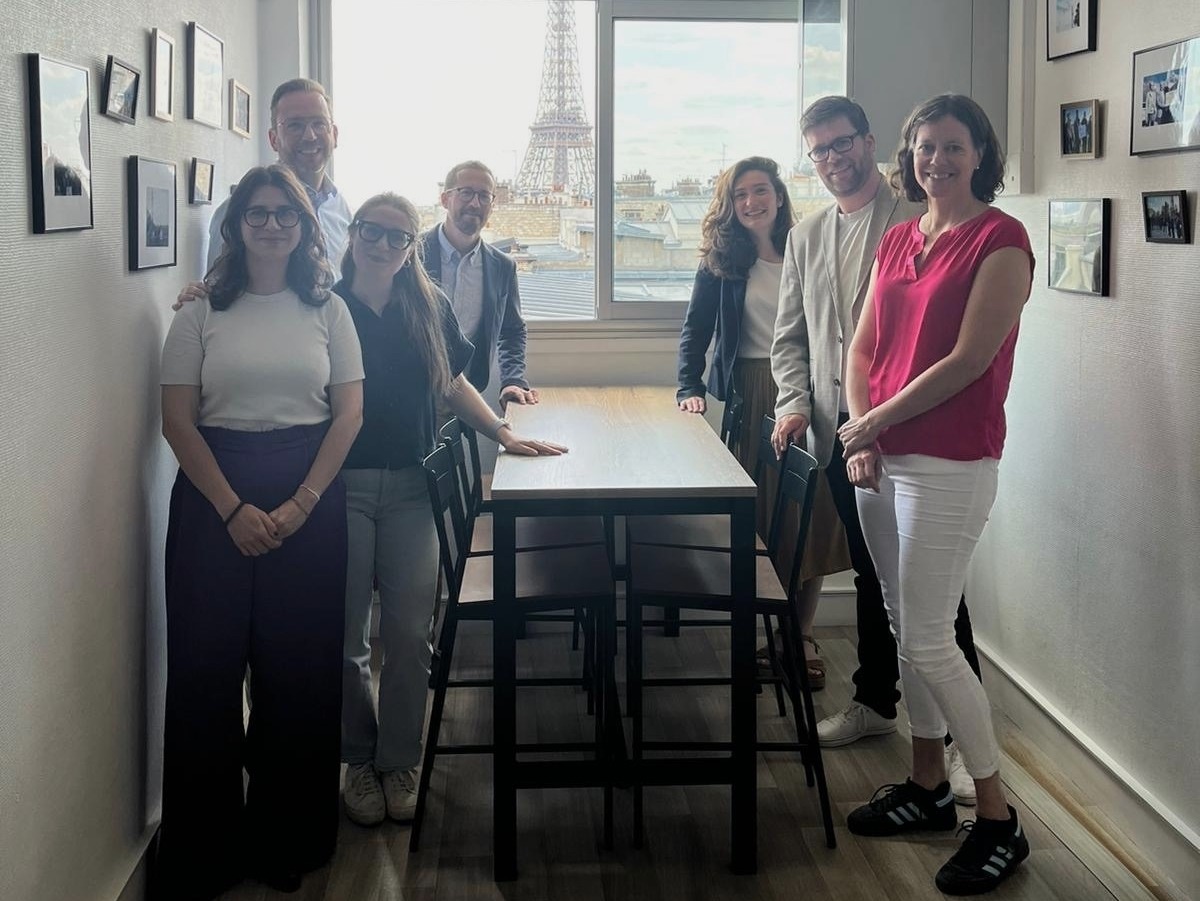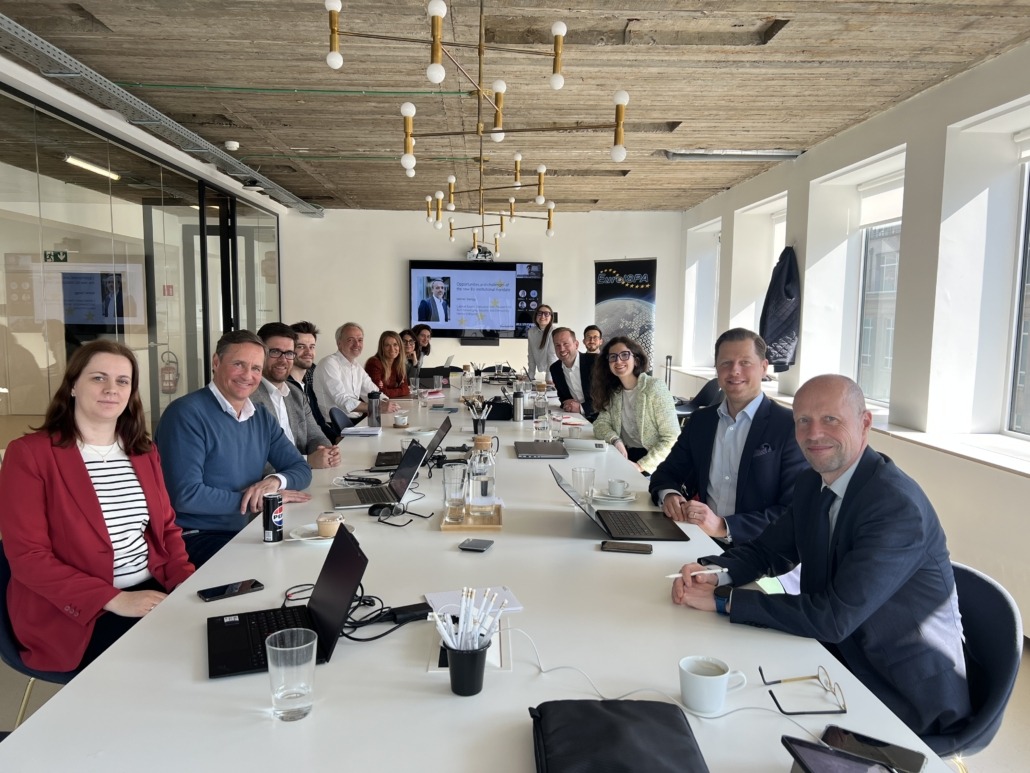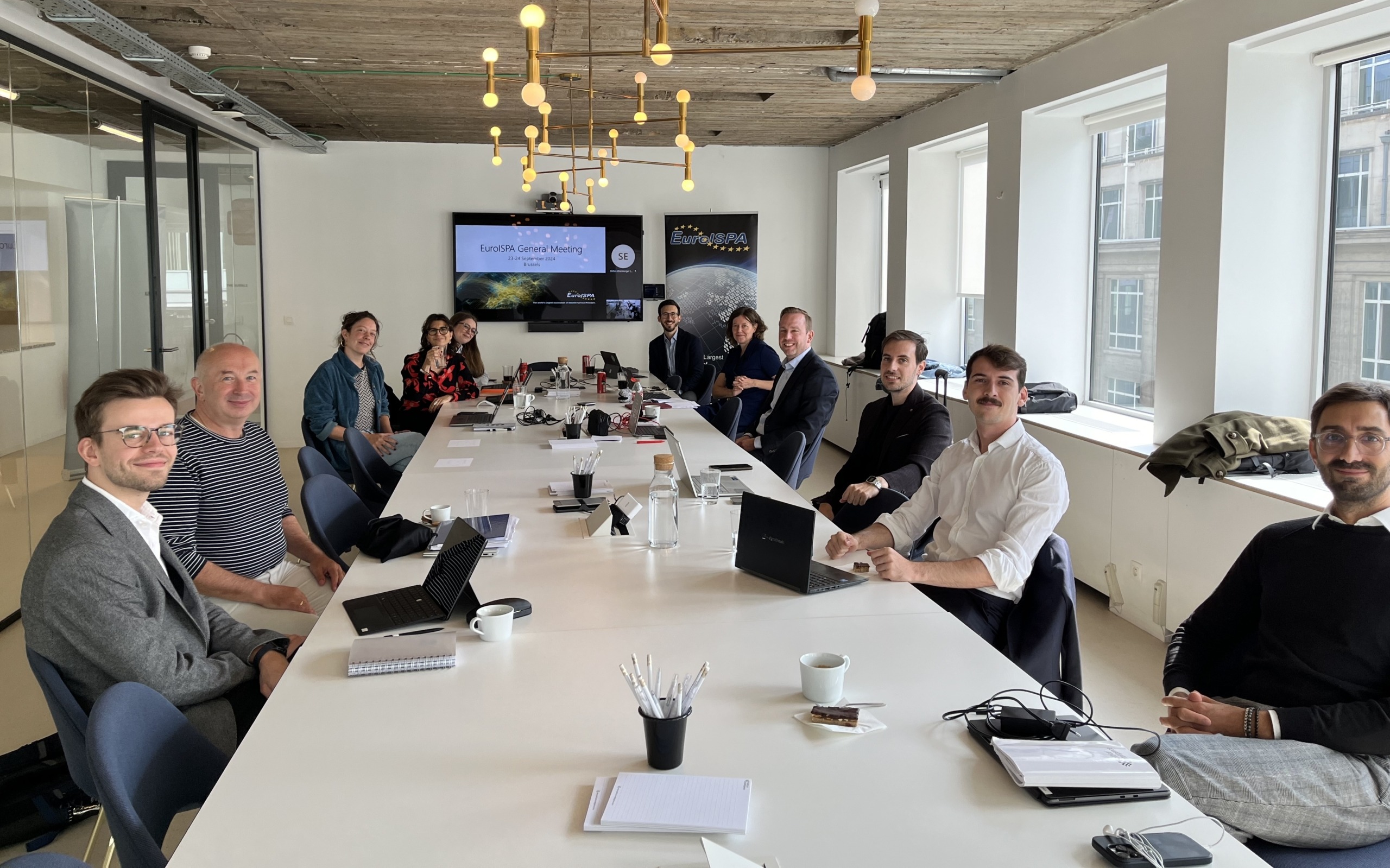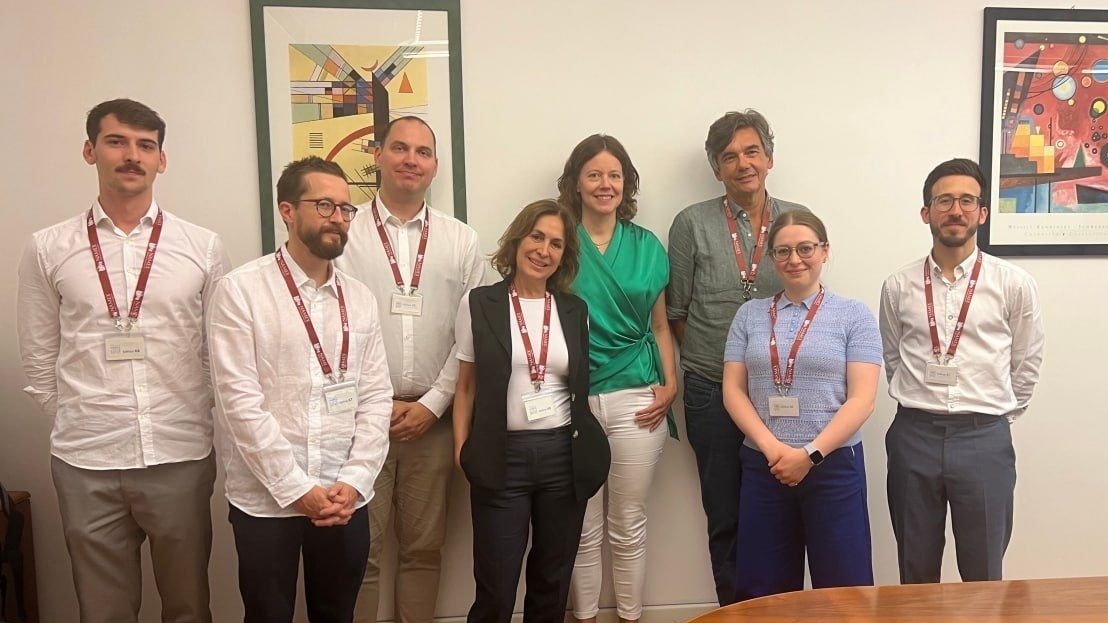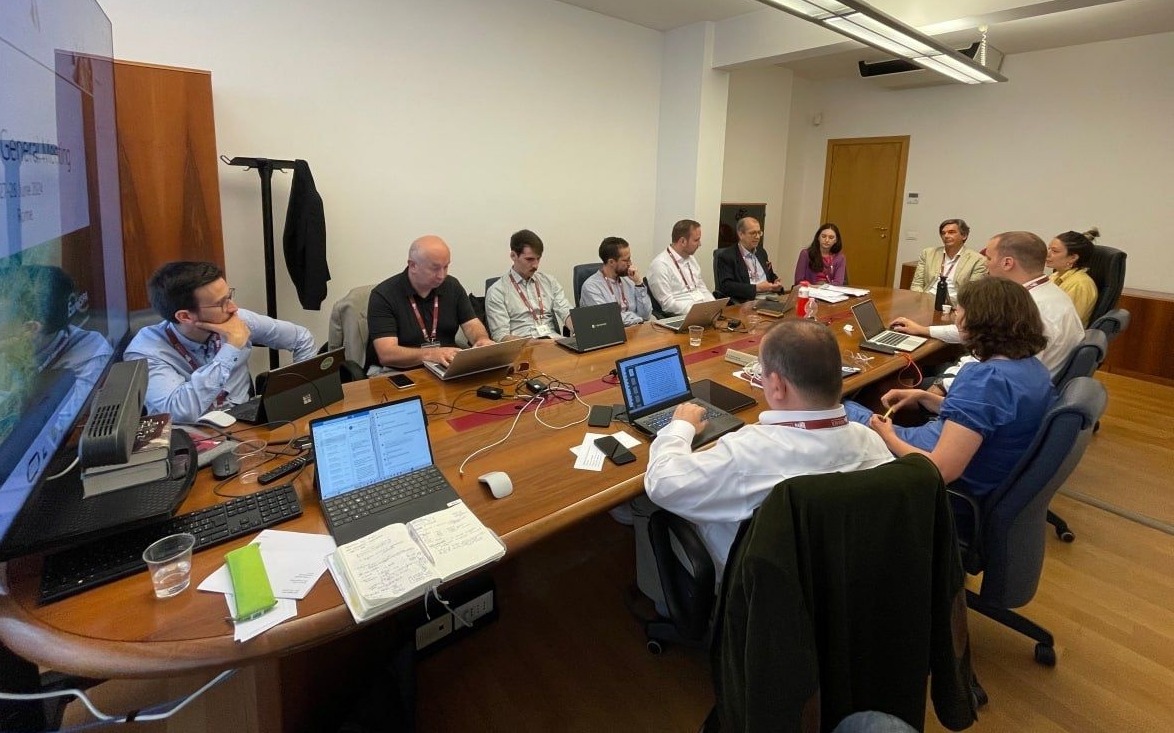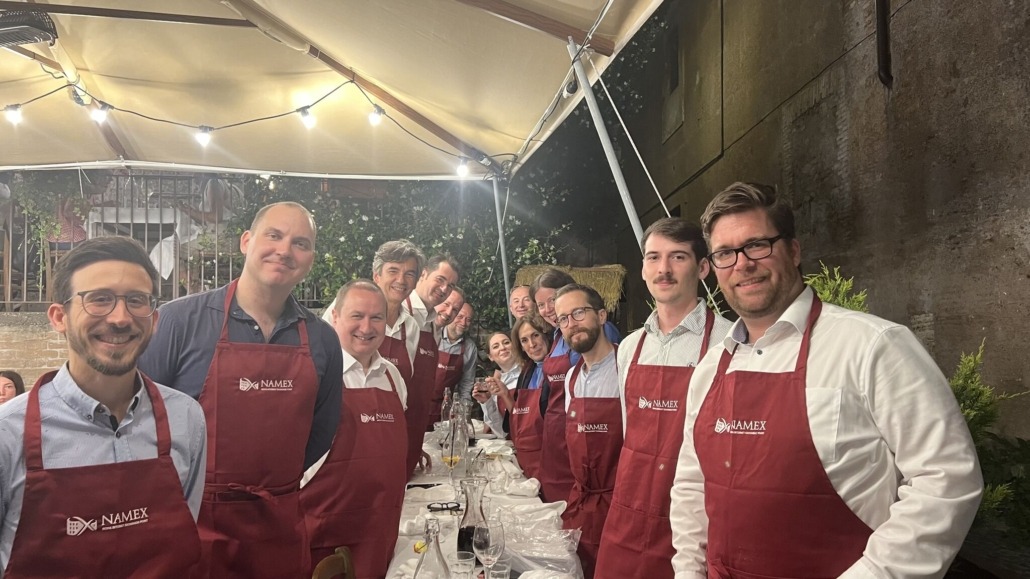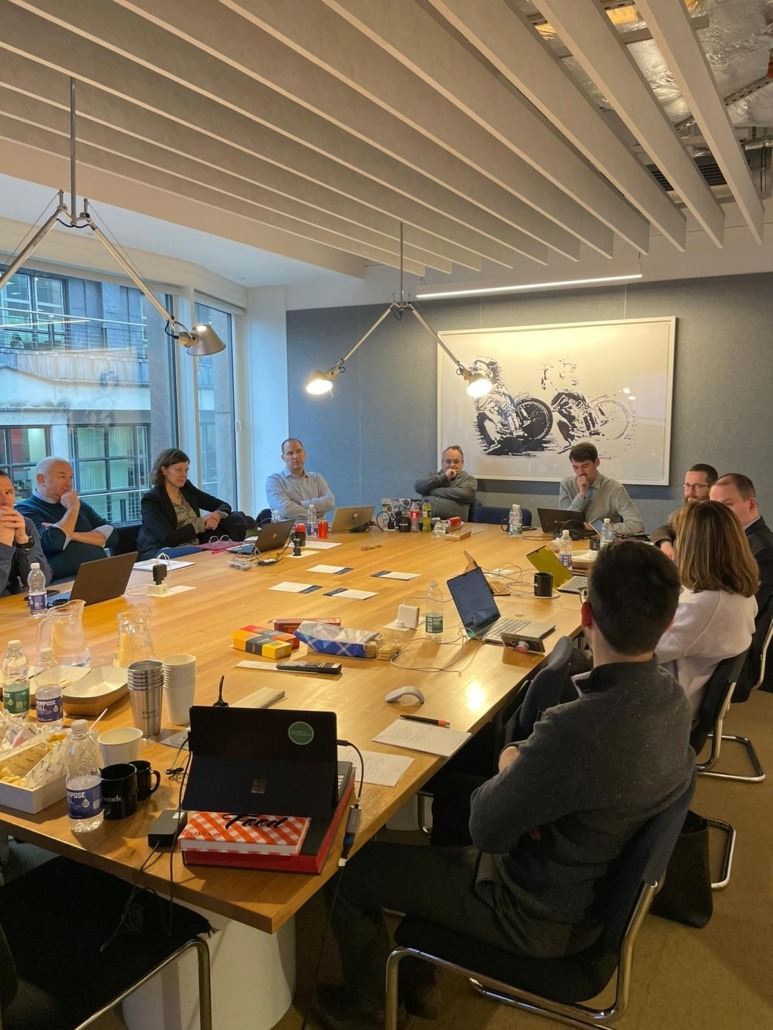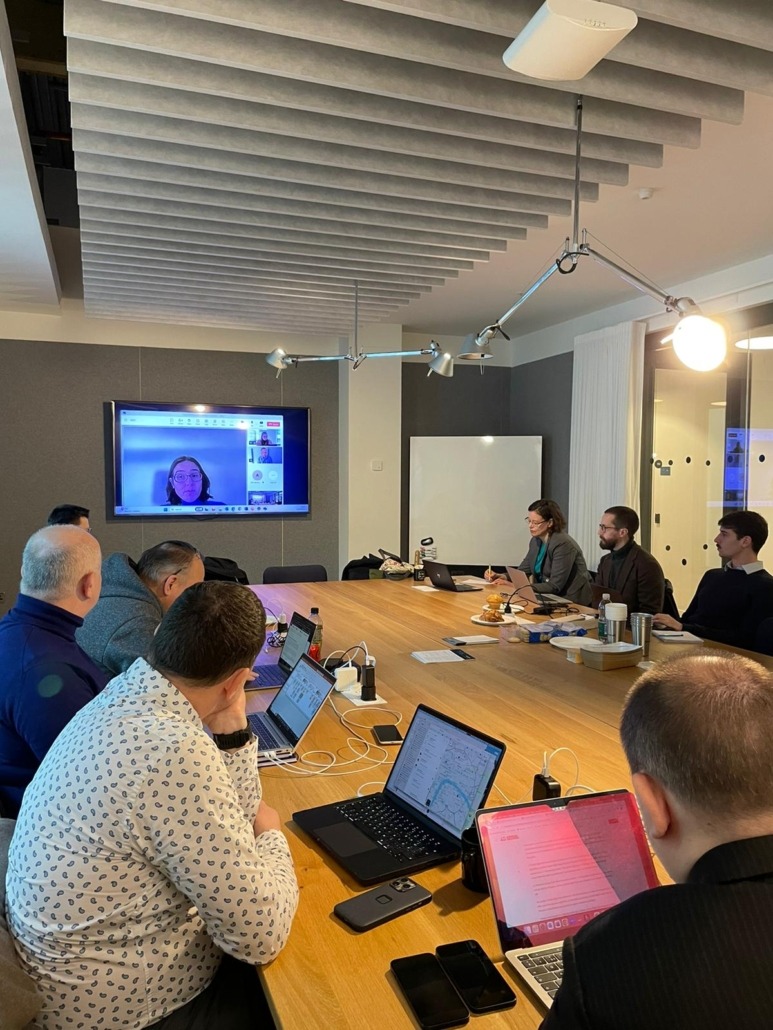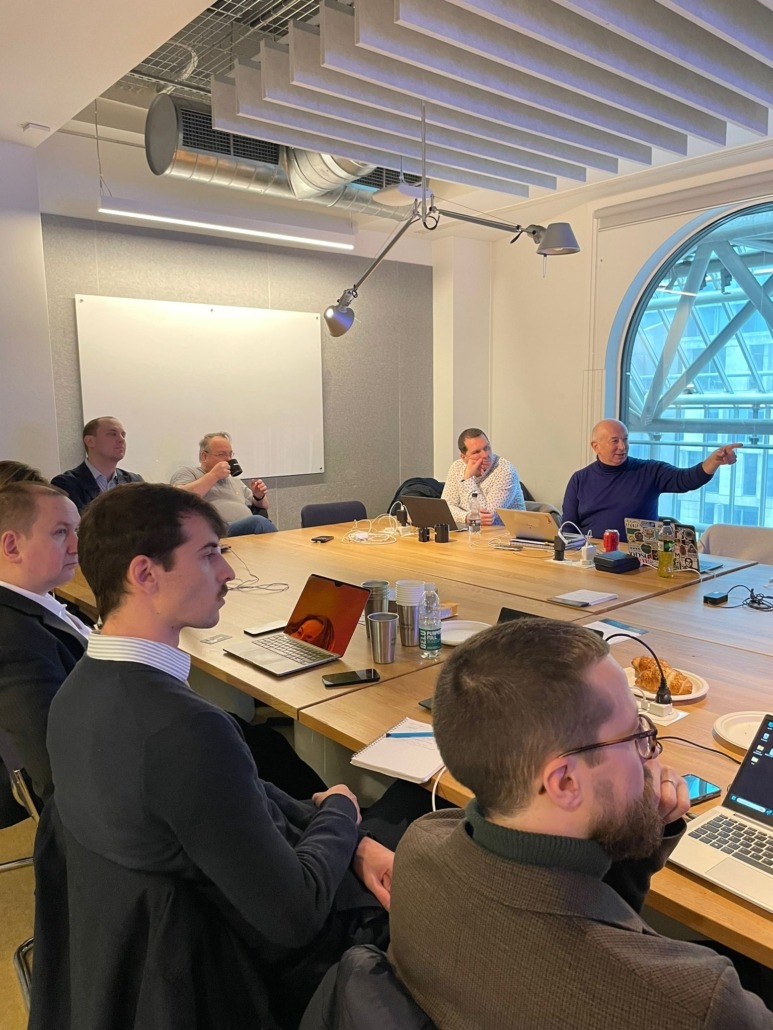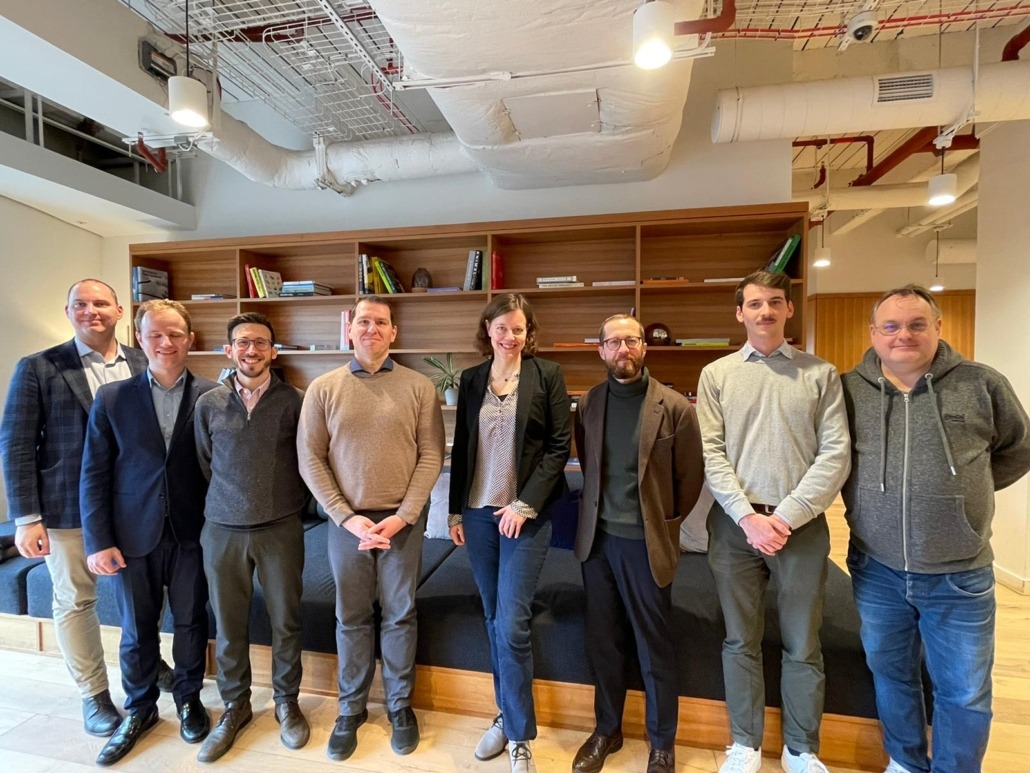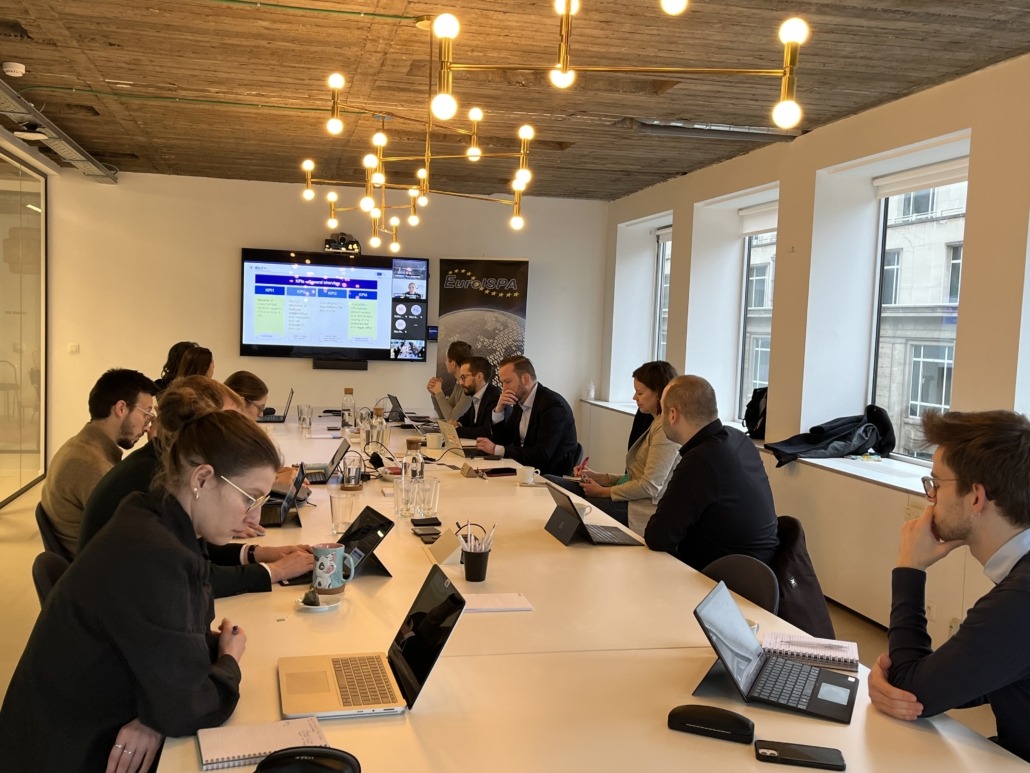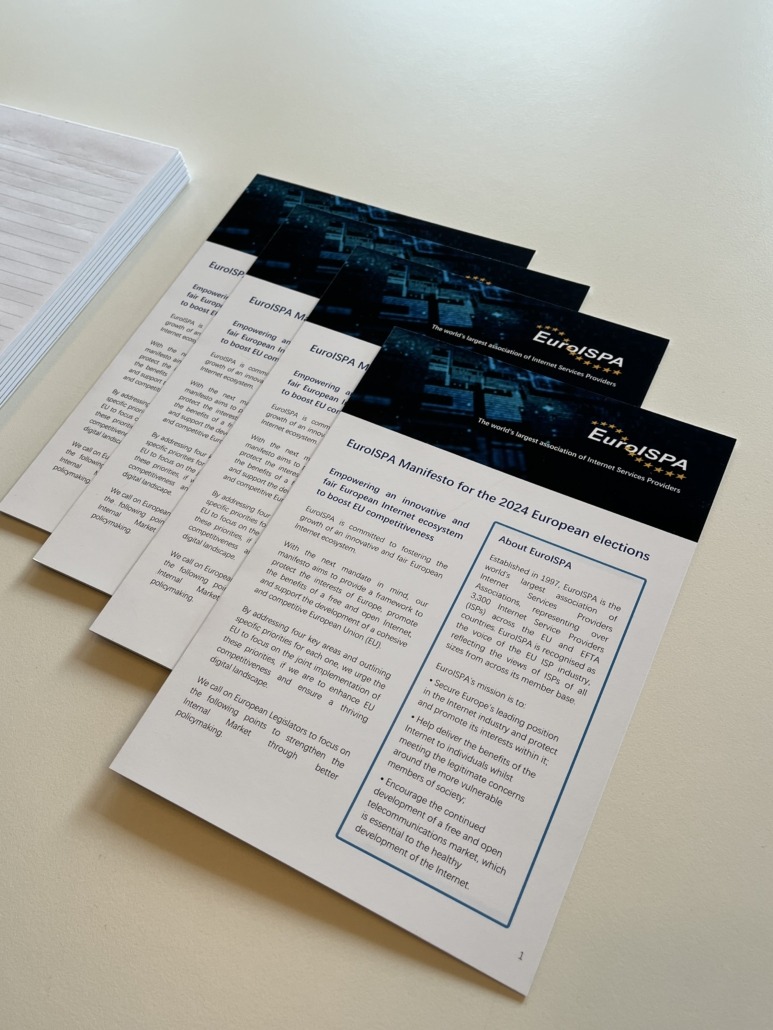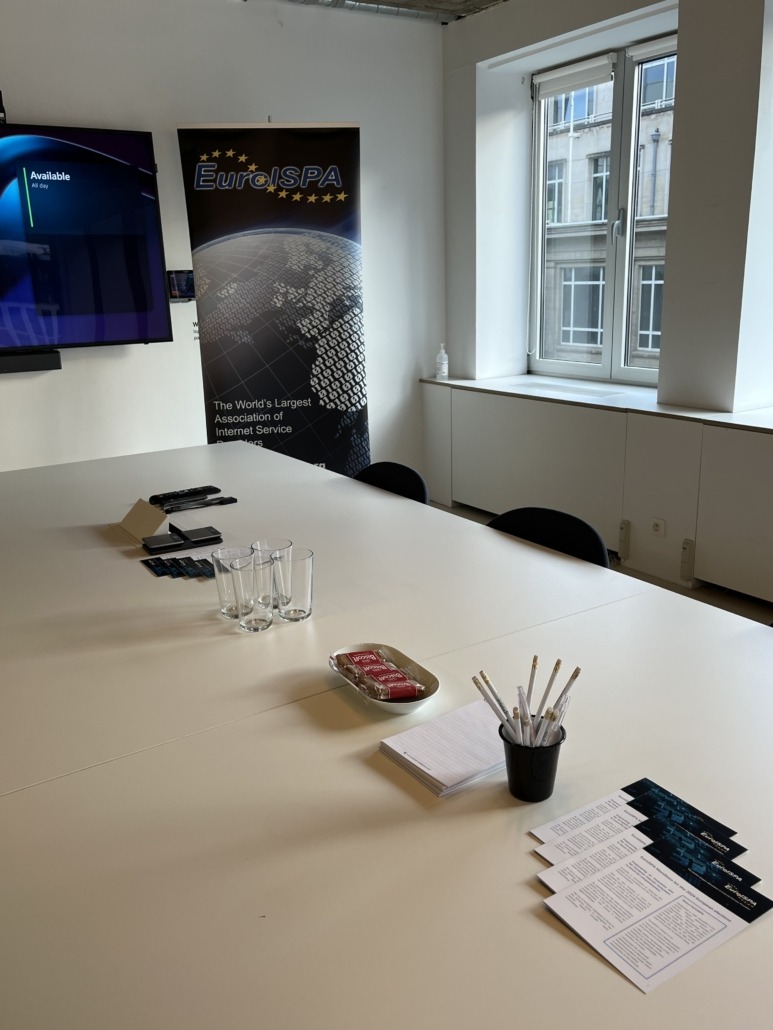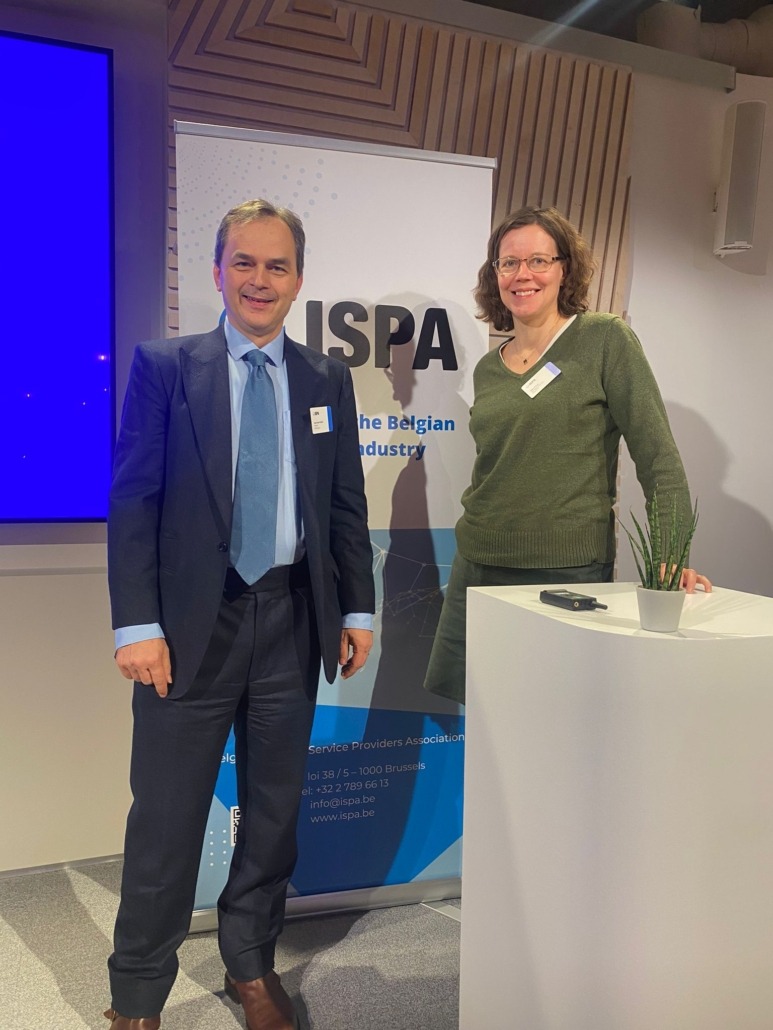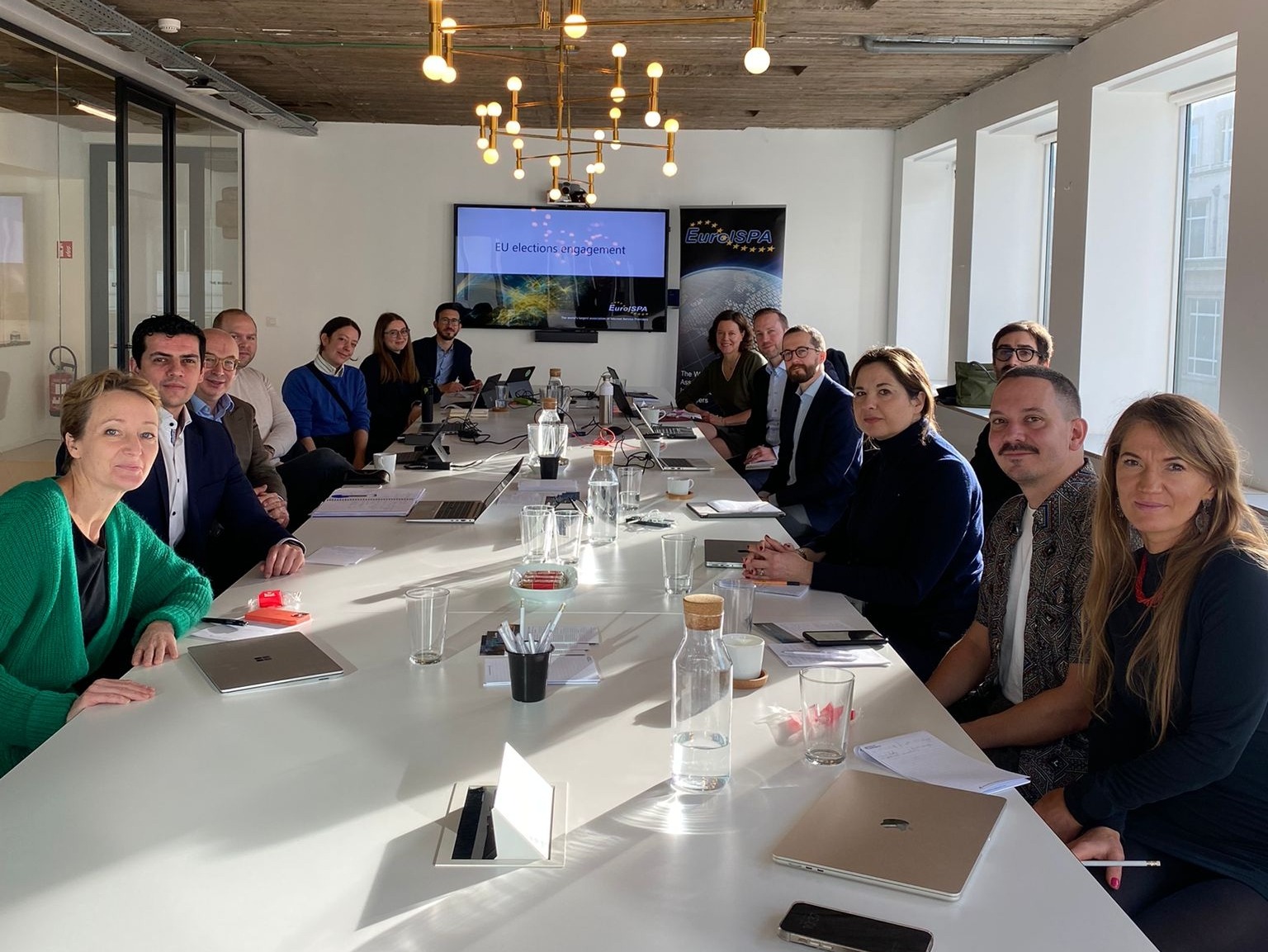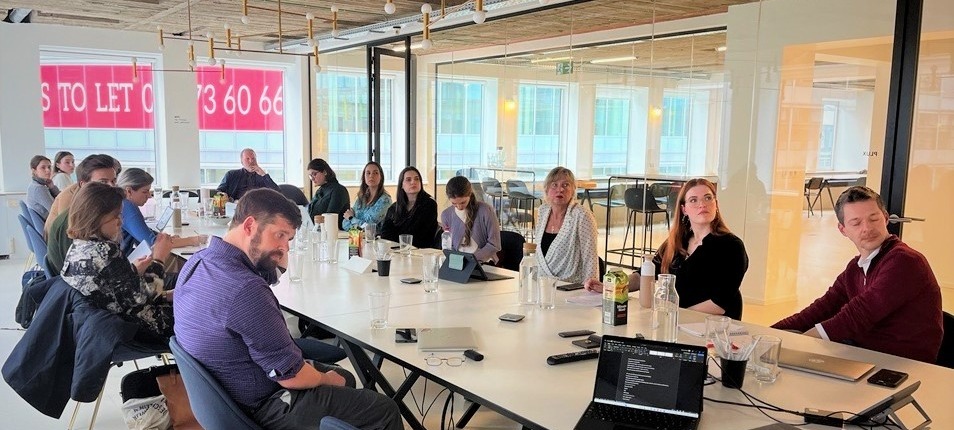EuroISPA General Meeting in Paris: a recap
Paris, June 16-17, 2025
Earlier this week, the EuroISPA community travelled to Paris for the second General Meeting of the year, bringing together our members, Board Officers and Secretariat, kindly hosted by our French member Fédération Française des Télécoms (FFT).
Between committee updates, policy discussions, guest speakers, and strategy sessions, it was truly a pleasure to meet and work together to shape the future of the Internet, discussing on the most pressing issues and priorities and how our unique association can tackle them.
We were delighted to host a roundtable discussion with experts from the Council of Europe on the Second Additional Protocol to the Budapest Convention, which aims to enhance cooperation on cybercrime and improve the ability of criminal justice authorities to collect electronic evidence. Big thank you to the CoE representatives who joined us for this fruitful exchange:
• Pedro Verdelho, Chair of the Cybercrime Convention Committee (T-CY)
• Jan Kralik, Programme Manager, T-CY
• Jutta Dinca, Programme Manager, CyberSPEX
We also had the pleasure of welcoming high-level speakers from the Frech regulatory landscape, with whom our members had the opportunity to discuss and debate on relevant matters for the internet industry:
• Benoît Loutrel, Board member of the French Regulatory Authority for Audiovisual and Digital Communication (Arcom) on the implementation of the Digital Services Act and regulation of platforms
• Sandrine Elmi Hersi, Head of Unit at the French Regulatory Authority for Electronic Communications, Postal Services and Print Media Distribution (Arcep) on the eco-design of digital services, including data centers and AI
The agenda included as usually exchanges on relevant updates at national level, as well as agreeing and joining forces for the strategic way forward for current topics of attention in our Committees’ work:
📌 the Online Content Committee, tackling in particular the way forward on the Digital Services Act guidelines on the protection of minors, Piracy, Copyright and the Digital Fairness Act;
📌 the Data Economy Committee, strategically focusing on the central topic of Data Retention and ProtectEU Strategy, the GDPR simplification and IV omnibus package and the state of play of the AI Act implementation;
📌 the Cybersecurity & Infrastructure Committee, setting the agenda for relevant initiatives ahead such as the Cyber Blueprint, the energy data centre rules and the Digital Networks Act. The committee also adopted a EuroISPA letter to be sent to the European Commission on e-Evidence, a central topic for our association.
You can read more about the work of our Committees here.
Last but not least, following a strong collaborative effort and thoughtful deliberation, EuroISPA members have adopted the EuroISPA Vision 2024–2029. This document outlines key priorities and forward-looking recommendations for the new mandate and will be published on our website soon.
In general, EuroISPA’s work on current relevant public consultations and positioning is thriving, therefore stay tuned for more updates and upcoming positions on our website and LinkedIn channel!
Thank you to all our members who participated actively in the discussions and to our guest speakers for providing valuable insights.
The next EuroISPA General Meeting will be held in Brussels in November – already looking forward to meeting our members again!
